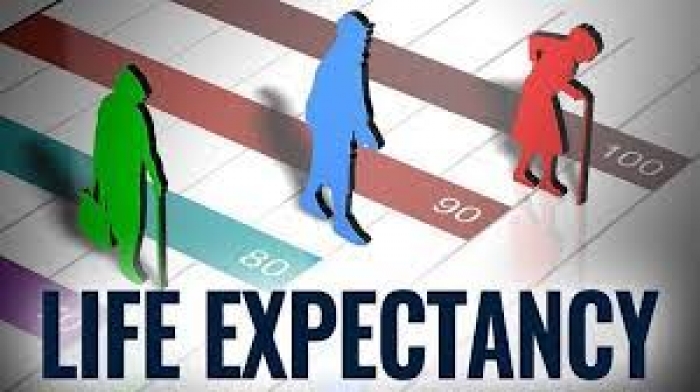The World Health Organisation (WHO) has warned that the COVID-19 pandemic reversed a "decade of health gains," causing a sharp 1.8-year decline in global life expectancy between 2019 and 2021—the largest drop in decades. While the world grapples with recovery, Nigeria faces an even grimmer reality, with its life expectancy stagnating at 54.6 years, far below the global average of 73.3 years.
Nigeria’s Deepening Health Crisis Amid Economic Hardship
With inflation soaring, unemployment rising, and millions struggling to afford basic necessities, Nigeria’s already weak health system risks further deterioration. The WHO report highlights that healthy life expectancy—a measure of years lived in good health—declined globally by six weeks due to rising mental health disorders, including anxiety and depression. In Nigeria, where economic stress is intensifying, mental health services remain severely underfunded, leaving many without support.
Maternal and Child Deaths Could Rise
The report also reveals stalled progress in reducing maternal and child mortality, a critical concern for Nigeria, which already has one of the highest maternal death rates globally. WHO attributes this stagnation to chronic underfunding of primary healthcare, shortages of skilled workers, and gaps in essential services like immunization and safe childbirth. Without urgent intervention, Nigeria could see more preventable deaths, worsening an already dire situation.
Non-Communicable Diseases and Poverty: A Deadly Mix
Non-communicable diseases (NCDs)—such as diabetes, heart disease, and stroke—are now the leading cause of premature death worldwide. In Nigeria, where malnutrition and poor healthcare access persist, these diseases are becoming deadlier. The economic crisis means fewer Nigerians can afford healthy diets, medication, or preventive care, accelerating health declines.
Health Worker Shortage
WHO projects a global shortfall of 11.1 million health workers by 2030, with Africa facing the most severe gaps. Nigeria’s healthcare system, already strained by brain drain and poor funding, may collapse further, leaving millions without care.
A Call for Action Before It’s Too Late
With infectious diseases like malaria resurging and childhood vaccination rates lagging, Nigeria cannot afford further setbacks. Yet, as international aid dwindles and domestic health budgets remain inadequate, the country risks losing more ground in life expectancy and overall health.
